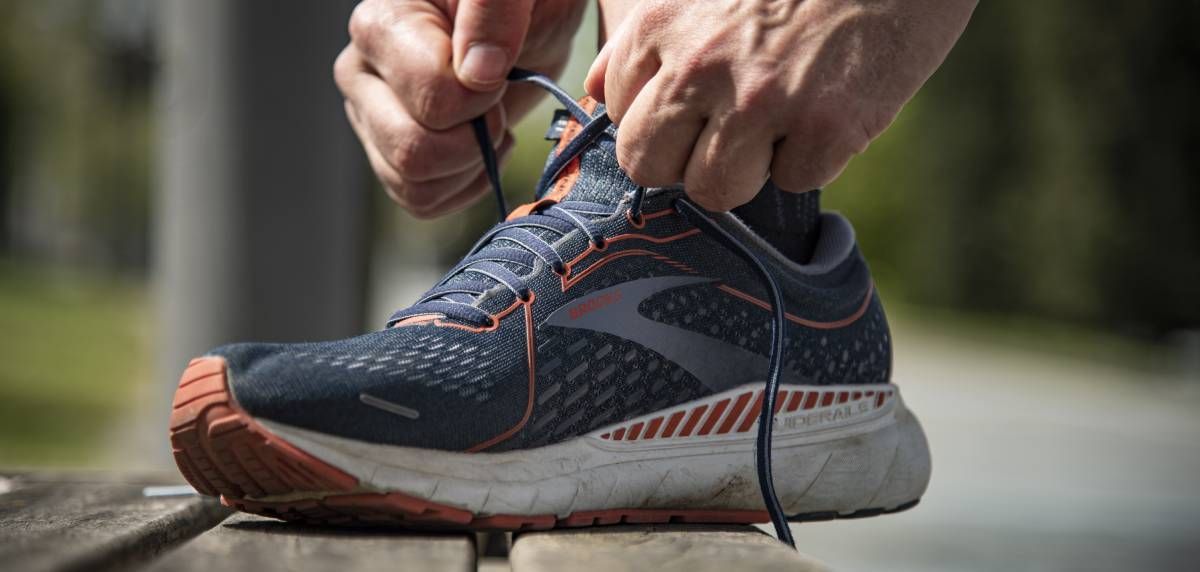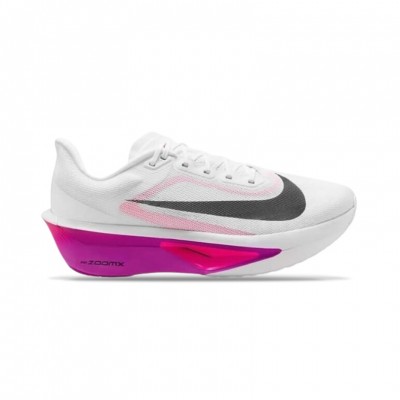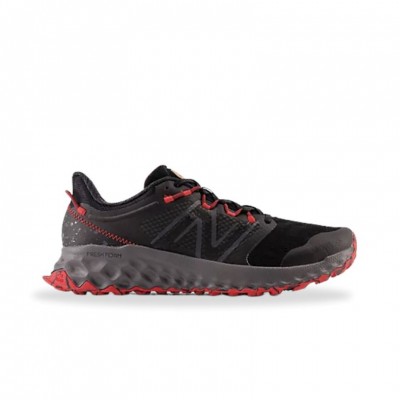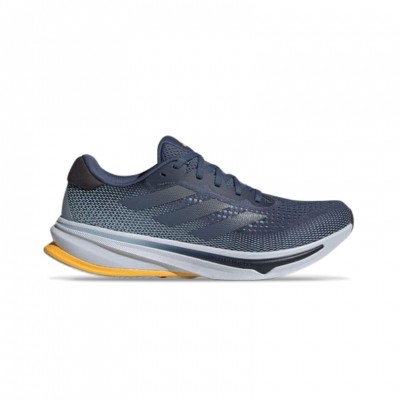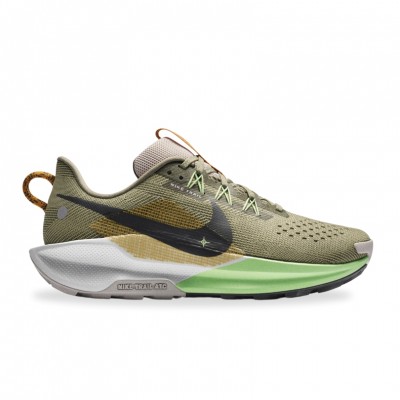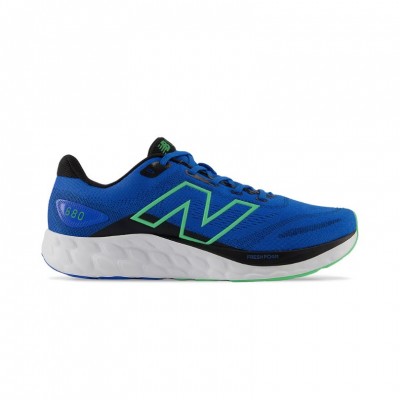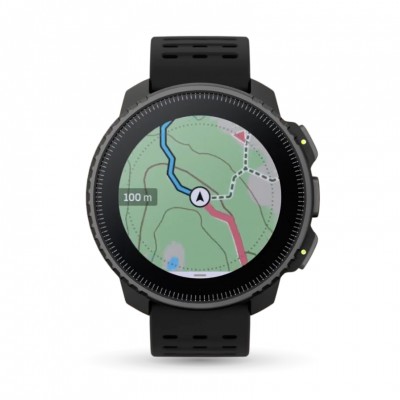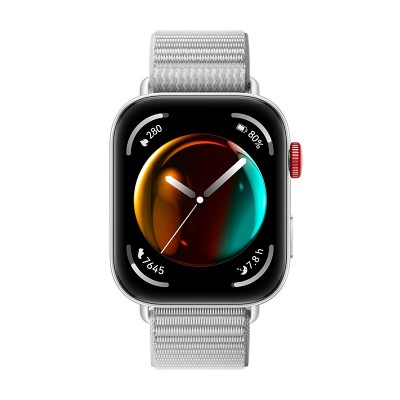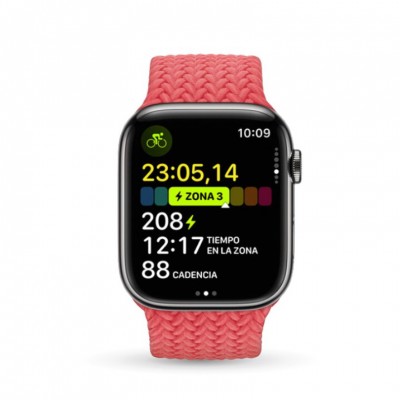As you well know if you are a staunch follower of RUNNEA, running is an activity that demands a lot of physical and mental effort. For many, like us, it's more than just exercise; it's a passion, a way of life. However, this sport carries risks, especially if the proper precautions are not taken. One of the fundamental aspects of running safely and efficiently lies not only in the shoes you choose, but also in making sure your laces are properly tied.
That is why, today, we want to talk about those "great forgotten ones"; the laces. And although it may seem a circumstantial thing, the laces of running shoes play a fundamental role in injury prevention and running performance. Wearing the laces tied in the right way for running, according to the needs and characteristics of each one, can prevent an injury that incapacitates us to do sport.
Not sure which running shoe to choose?
In a few simple steps we help you to choose the ideal running shoe for you
Go to the Shoe FinderBut also, putting on the laces of our running or trail running shoes correctly also makes it easier for us to run with better times, more efficiently, since our running biomechanics will be more appropriate if we have the laces tied correctly. Here are the keys to tying your shoes properly, a simple but fundamental gesture for running in optimal conditions.

Types of lacing for running
There are countless ways of tying shoes, each with its own advantages and specific applications. Knowing these techniques can help us as runners, learning how to customize the fit and maximize comfort and performance while running. The ultimate goal of all the precautions we take before going for a run.
1. Double loop lacing
Double lacing is a technique that provides additional support around the foot, especially in the midfoot area. This can be beneficial for runners with narrow feet or those who want an extra sense of security while running. By distributing pressure more evenly, this technique can help prevent pressure points and foot discomfort.
According to Victor Martinez Rebollo, podiatrist at Biomechanica Martinez, this lacing technique can be especially useful for "runners with narrow feet who need extra stability during running." By providing additional support, double lacing can help reduce unwanted movement of the foot within the shoe, which in turn can minimize the risk of blisters and chafing.
2. Loop lacing
Loop lacing is a technique that slightly loosens the shoe in the midfoot area, providing more room for the foot. This can be key for runners with wide feet or more pronounced bridges than usual, as it allows the foot to feel less restricted during the run.
You may be interested in: How to protect your foot to avoid black toenails while running.
3. Free eyelet lacing
This option is useful for relieving pressure on sensitive areas of the foot, such as the first or fifth metatarsal head, where chafing or inflammation may be experienced. Leaving certain eyelets untied allows the material of the shoe to better adapt to the shape of the foot, reducing friction and the risk of blisters.
4. Last-hole lacing with tie
Provides additional support around the ankle, conveying a sense of security and control. It is especially useful for runners seeking additional stability during running, as it minimizes unwanted movement within the shoe and more evenly distributes pressure across the top of the foot.
5. Parallel lacing
This is a traditional technique common in sneakers fashion footwear, characterized by its visually appealing aesthetics. However, it is not ideal for high-intensity activities such as running, as it does not distribute pressure evenly across the foot and can cause discomfort during running.

Tips from podiatric experts on how to tie laces
Once the pros and cons of the most common types of knotting are known, it is essential to offer the point of view, as we have already mentioned, of podiatric professionals. In this case, we bring some of the main guidelines or tips that podiatrists emphasize to maintain a correct and efficient running stride without being affected by a poor fit of the shoes.
Leave space between the heel and the end of the shoe.
Leaving adequate space between the heel and the end of the shoe is a practice that can help prevent heel chafing and blisters. This is especially important for runners who experience discomfort in this area during running. By allowing the heel to move freely within the shoe, this technique can help reduce friction and irritation on the skin, which in turn can improve comfort and performance during running.
According to Victor Martinez Rebollo, also an ex-Expert Professor of Sports Podiatry at the European University, this lacing technique can be especially useful for runners who experience heel discomfort during running. By leaving adequate space between the heel and the end of the shoe, friction and irritation in this area is reduced, which can improve comfort and prevent blisters and chafing.
Control the direction of lacing
The way in which the laces are tied, as we have seen above, can influence not only the fit but also the pronation of the foot and running speed. By following certain basic principles, runners can optimize their lacing technique to maximize stability and running performance.
As Victor Alfaro, Founder and CEO of Podoactiva comments in his book 'Todo Comienza Por Un Paso', "laces are there because they have a very specific biomechanical function: to support the shoe in an effective way", so it is important to tie laces in a way that provides a firm but non-restrictive support around the foot. This can help prevent unwanted movement of the foot within the shoe, which in turn can reduce the risk of injury and improve running efficiency.
Zone lacing of the foot
Tying laces by specific areas of the foot can help ensure an optimal fit and prevent injury. By paying attention to each runner's individual needs, runners can customize their lacing technique to maximize comfort and performance during a run.
According to Martinez Rebollo, tying laces by zones of the foot can help distribute pressure more evenly, which can reduce the risk of pressure points and foot discomfort. By starting with the lower laces and following with the upper laces, runners can ensure a firm but non-restrictive hold around the foot, which can improve stability and performance during running. By making a final adjustment, runners can ensure that the laces are correctly tensioned and that there are no pressure points or discomfort during the run.

7 key points to keep in mind before you start running
Among the most important tips to avoid problems when performing your running session, from RUNNEA, with the help of the recommendations of some of the best podiatrists on the scene, we would like to recommend a series of guidelines to review prior to exercise.
- Try on your shoes after tying the laces: This is an essential habit to ensure a proper and comfortable fit. By putting on the shoes, you can feel how they fit your feet and detect any pressure points or discomfort that may arise.
- Walk or run gently for a few minutes after tying the laces: This allows you to assess how the shoes feel in motion and provides an opportunity to detect any discomfort or need for additional adjustment before committing to a full run.
- Readjust laces if necessary: This is a key point in maintaining an optimal fit during the run. If you experience any pressure points or loose feeling while walking or running, making adjustments to the laces can help improve comfort and support.
- Perform regular shoe maintenance: This is an important aspect of prolonging their durability and performance. This may include cleaning the shoes regularly, making sure they are dry before storing and replacing worn out insoles or laces.
- Check the fit of laces every session: It helps ensure proper support and prevent injury. By paying attention to the fit of the laces before running, you can avoid the risk of them coming loose during physical activity.
- Replace laces if they are worn or damaged: In order to maintain the integrity of the shoe and ensure a secure fit. Worn laces may not provide the same level of support, increasing the risk of injury during running.
- Moisturize the skin of the foot regularly: This dynamic helps prevent chafing and blisters. Keeping the skin soft and moisturized reduces friction between the feet and shoes, which can help prevent injury and maintain comfort during running.

In general, tying running shoes laces correctly is essential to prevent injury and maximize running performance. By following basic principles of fit and pressure distribution, runners can optimize their lacing technique to improve stability, comfort and running efficiency. With proper guidance and attention to each runner's individual needs, it is possible to maximize the benefits of lacing and enjoy a safe and rewarding running experience.
Read more news about: Running Training
